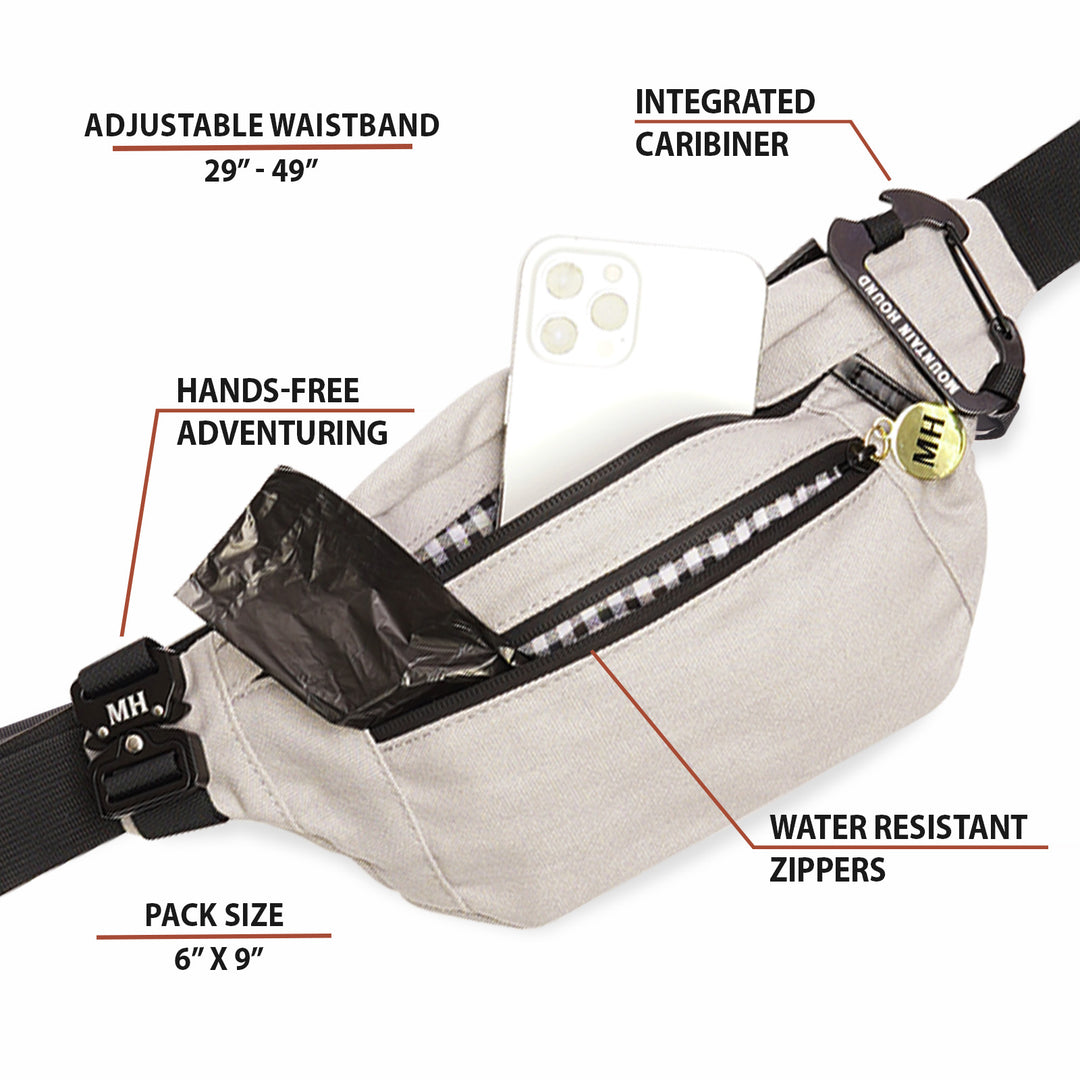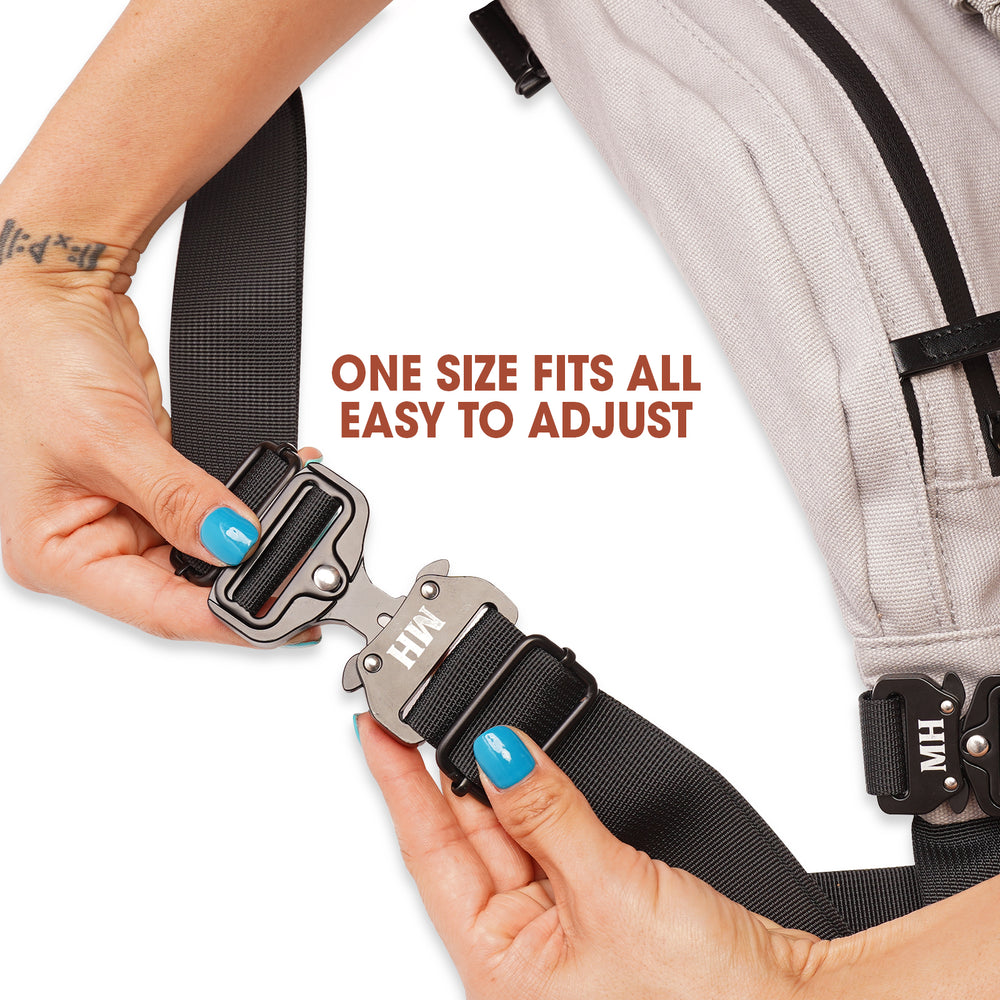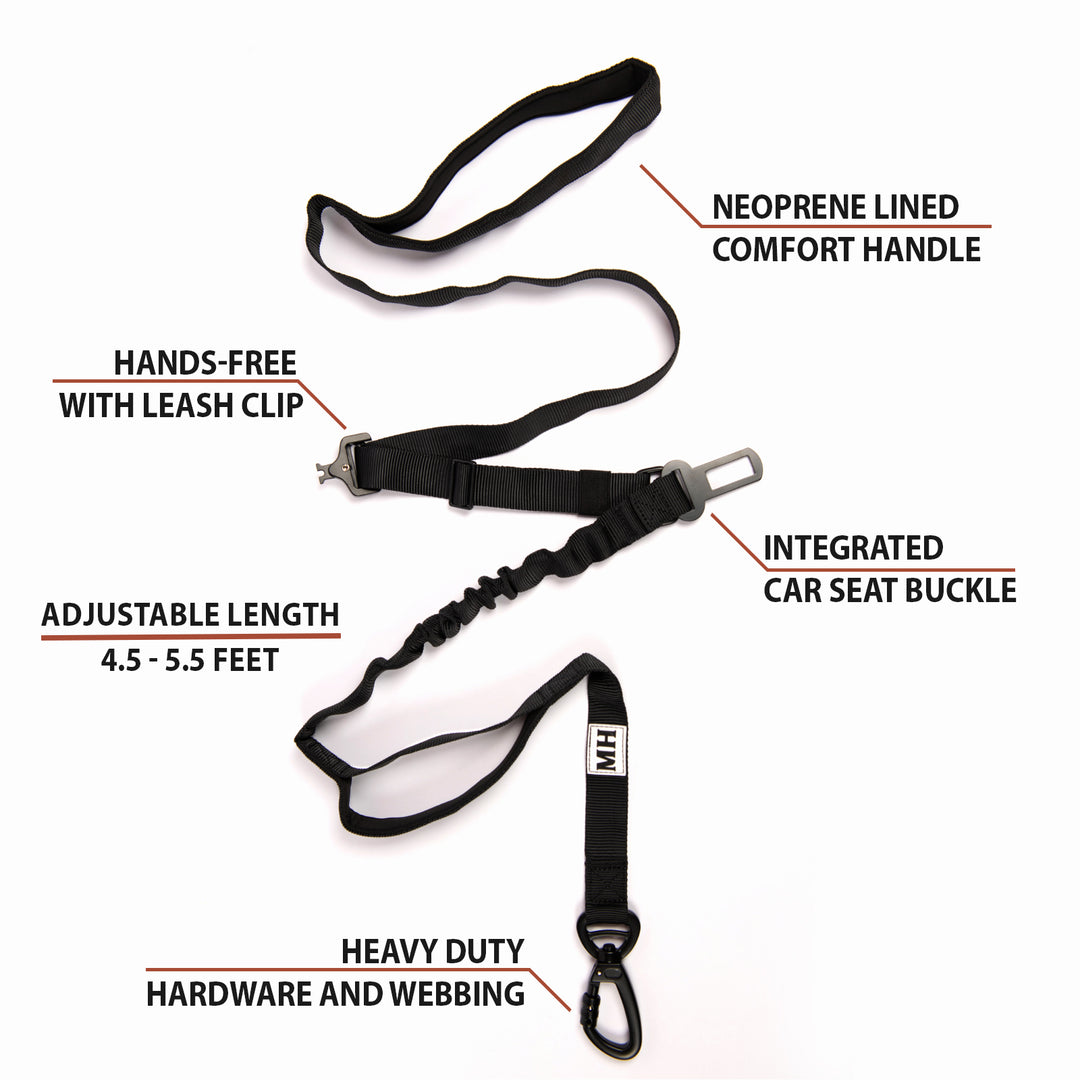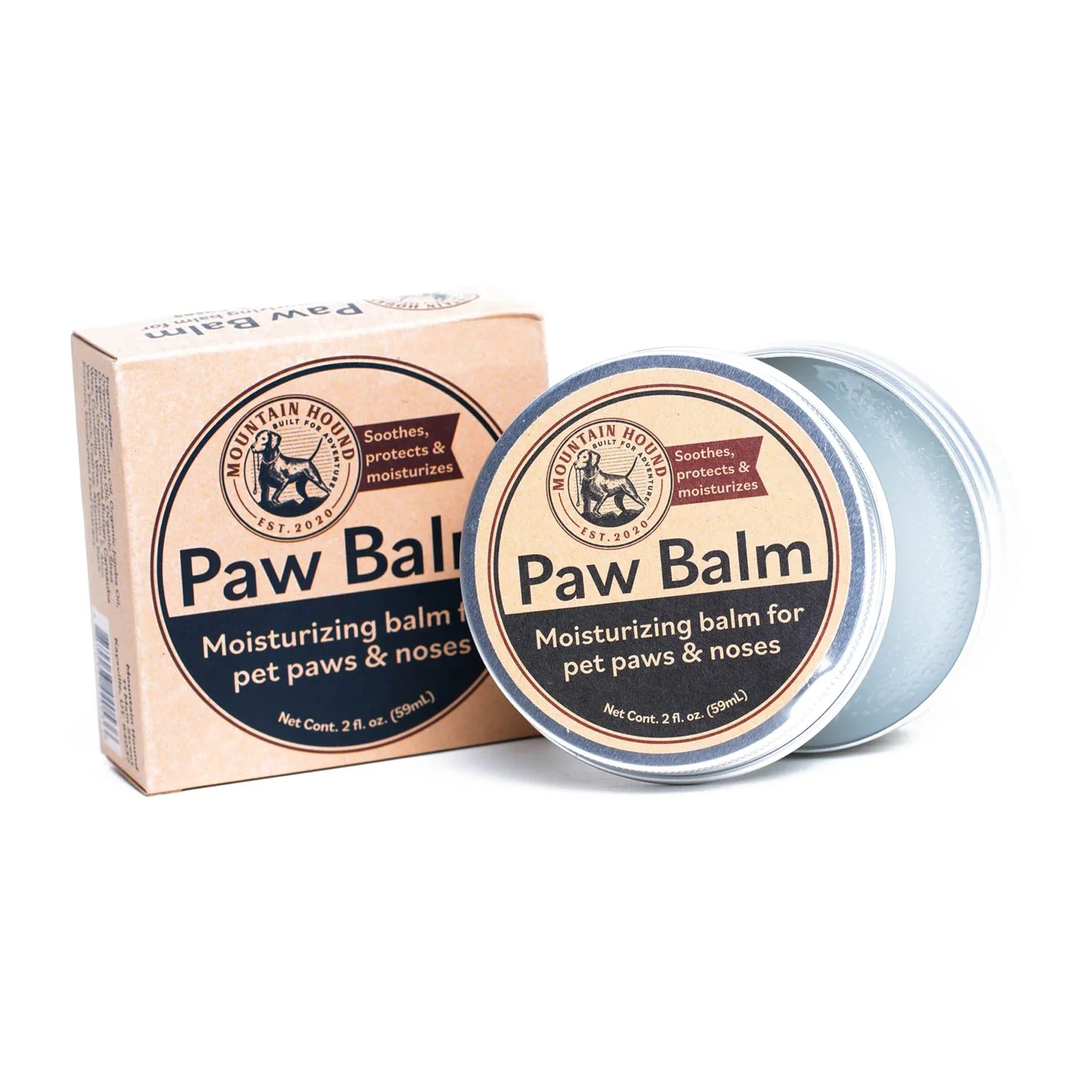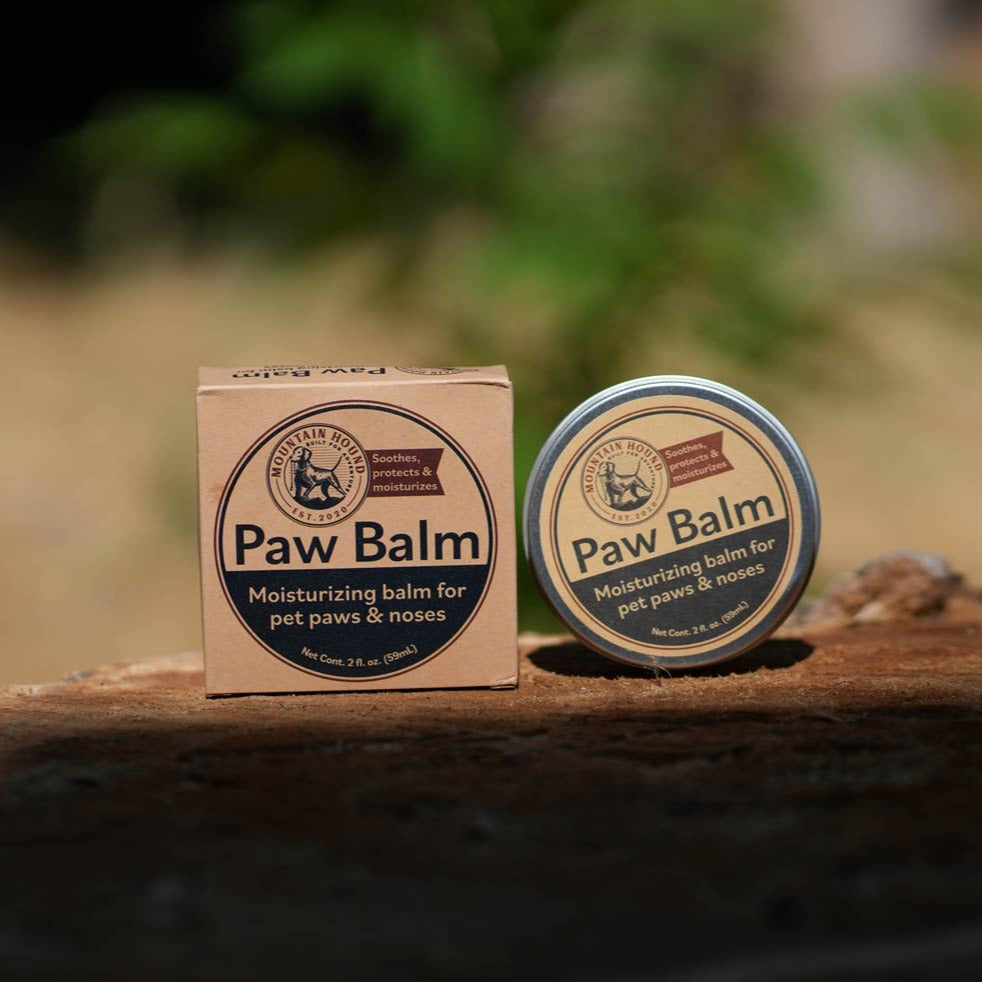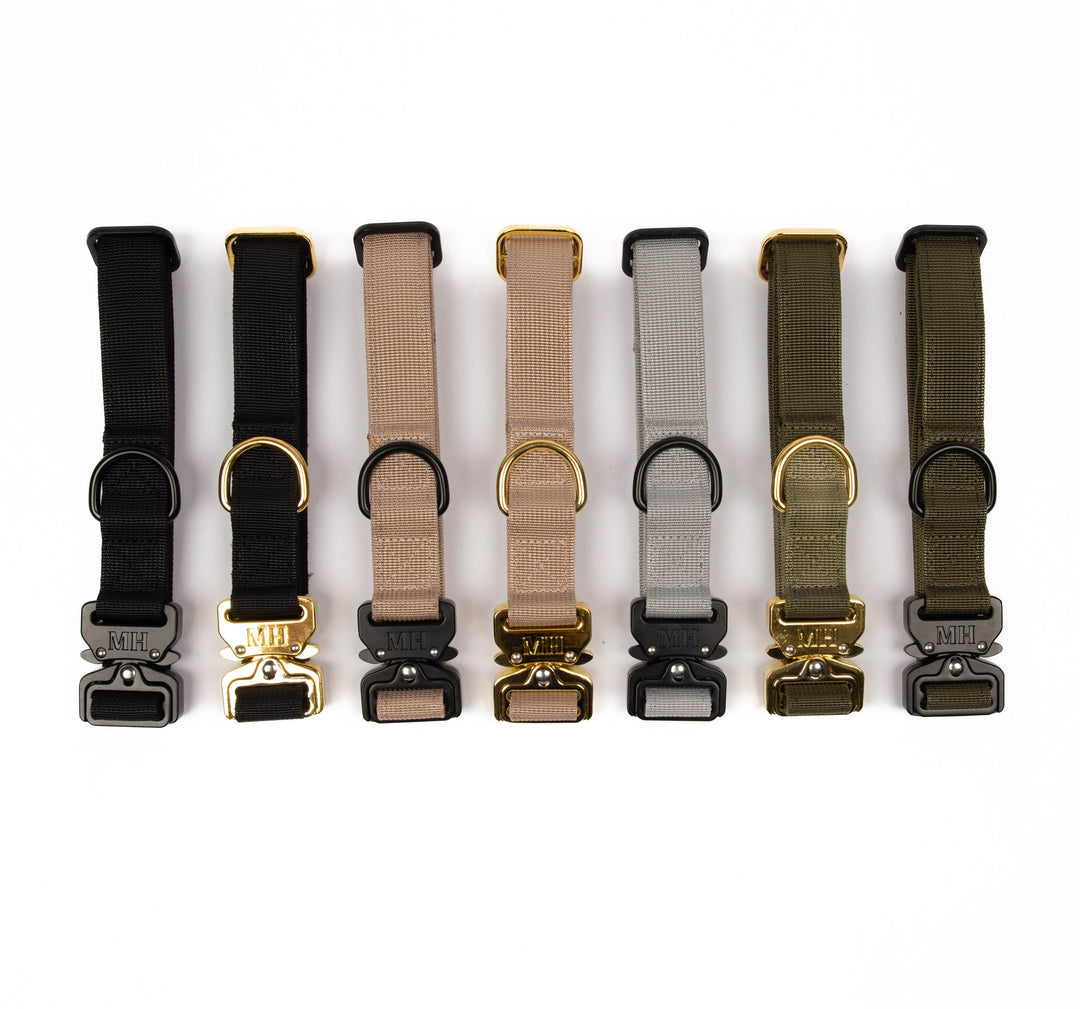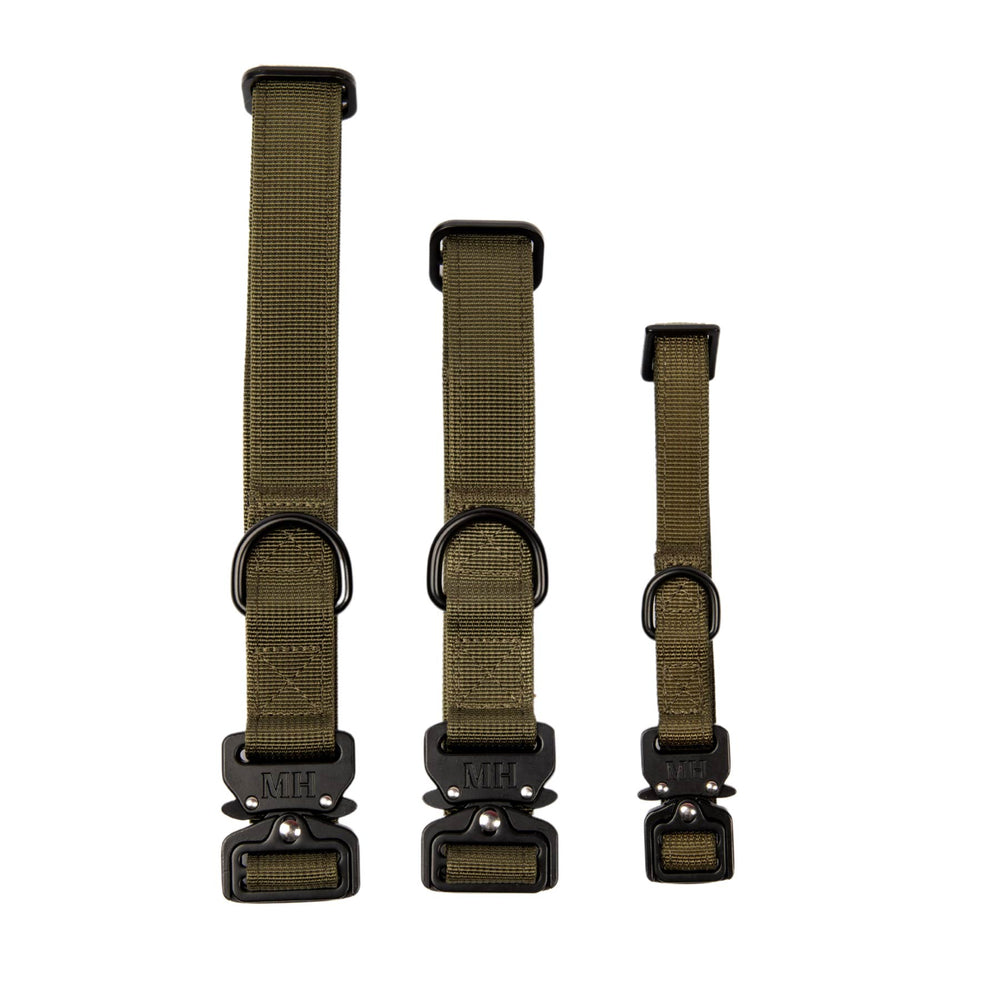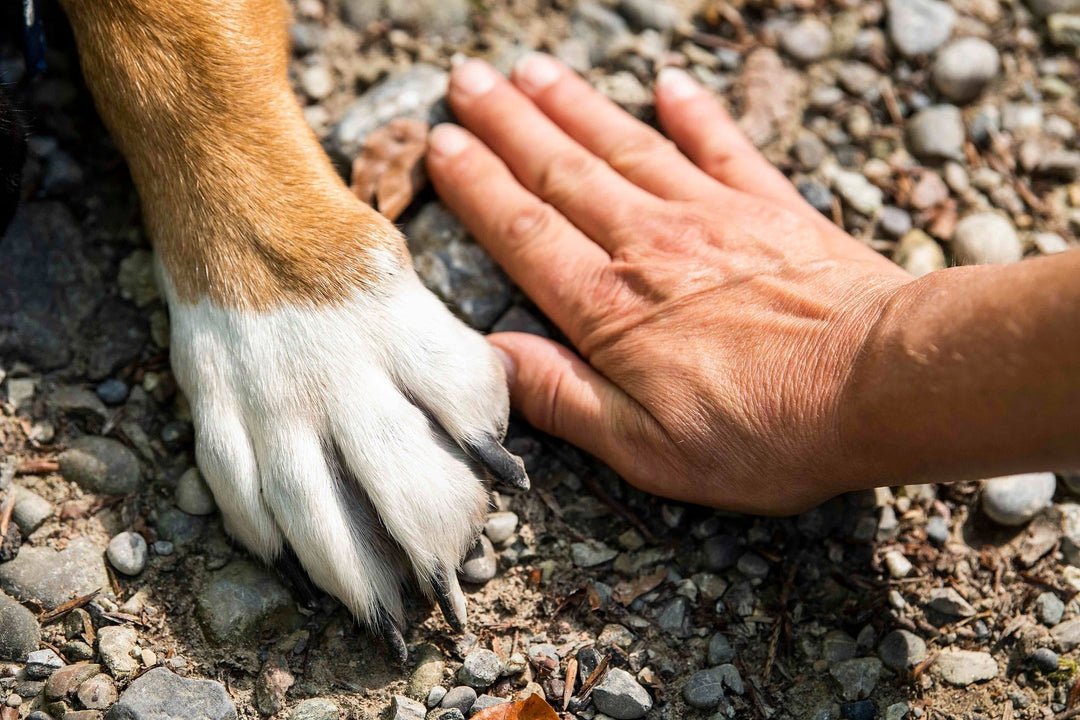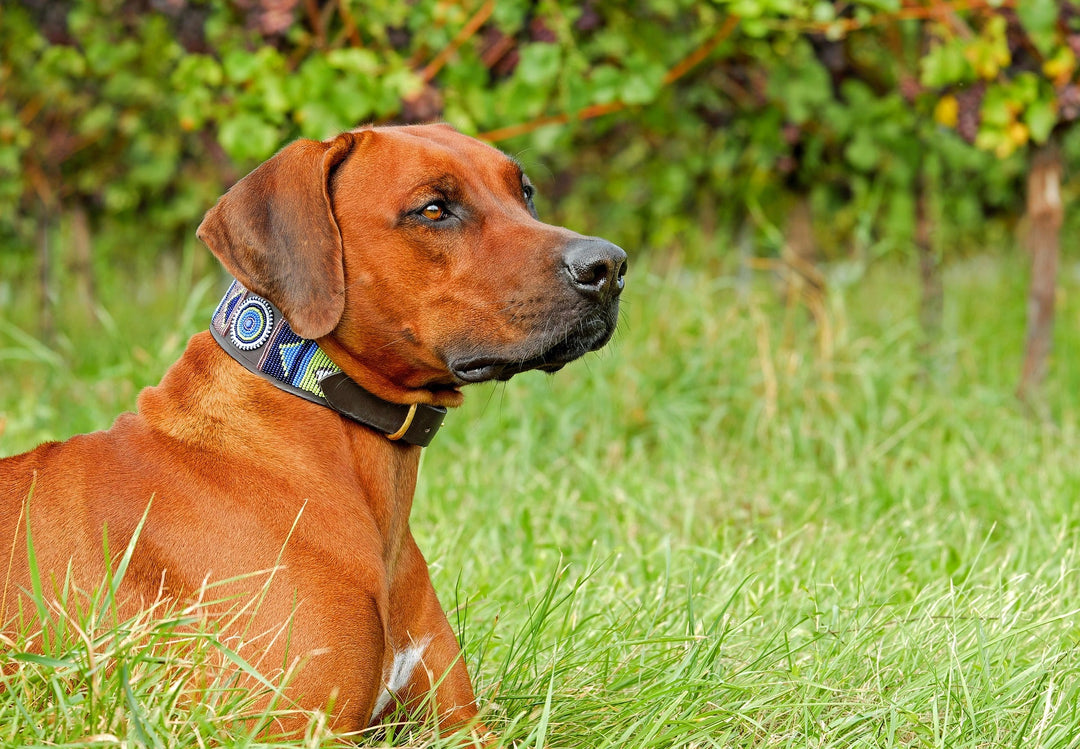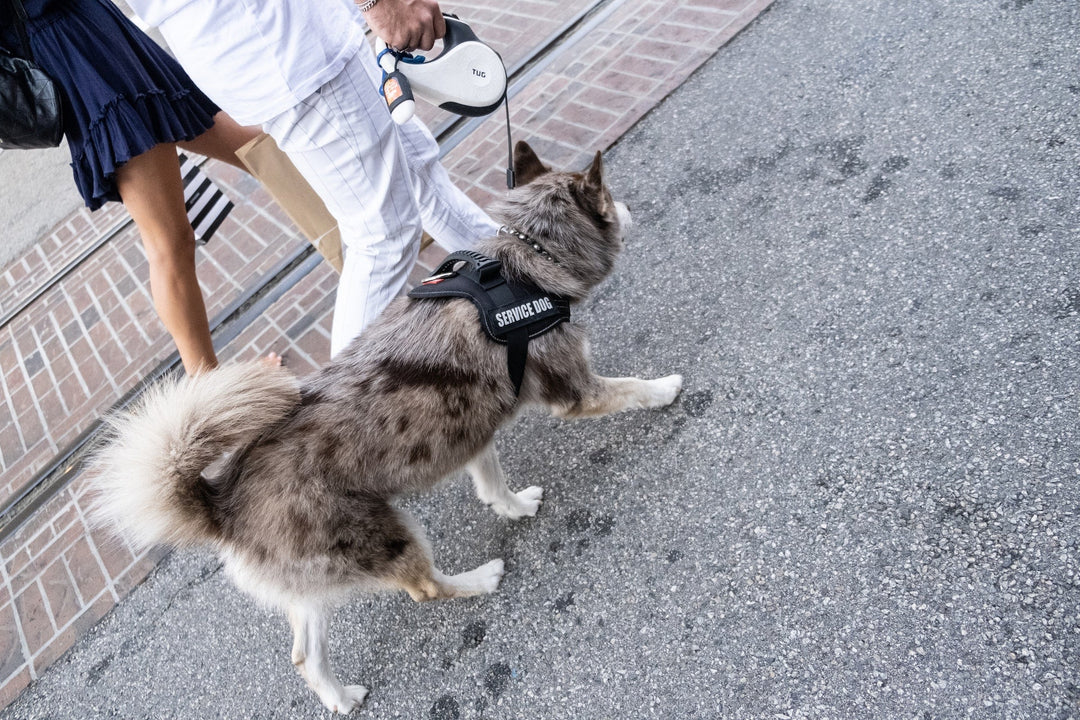The Impact of Breeding Fashionable Dogs
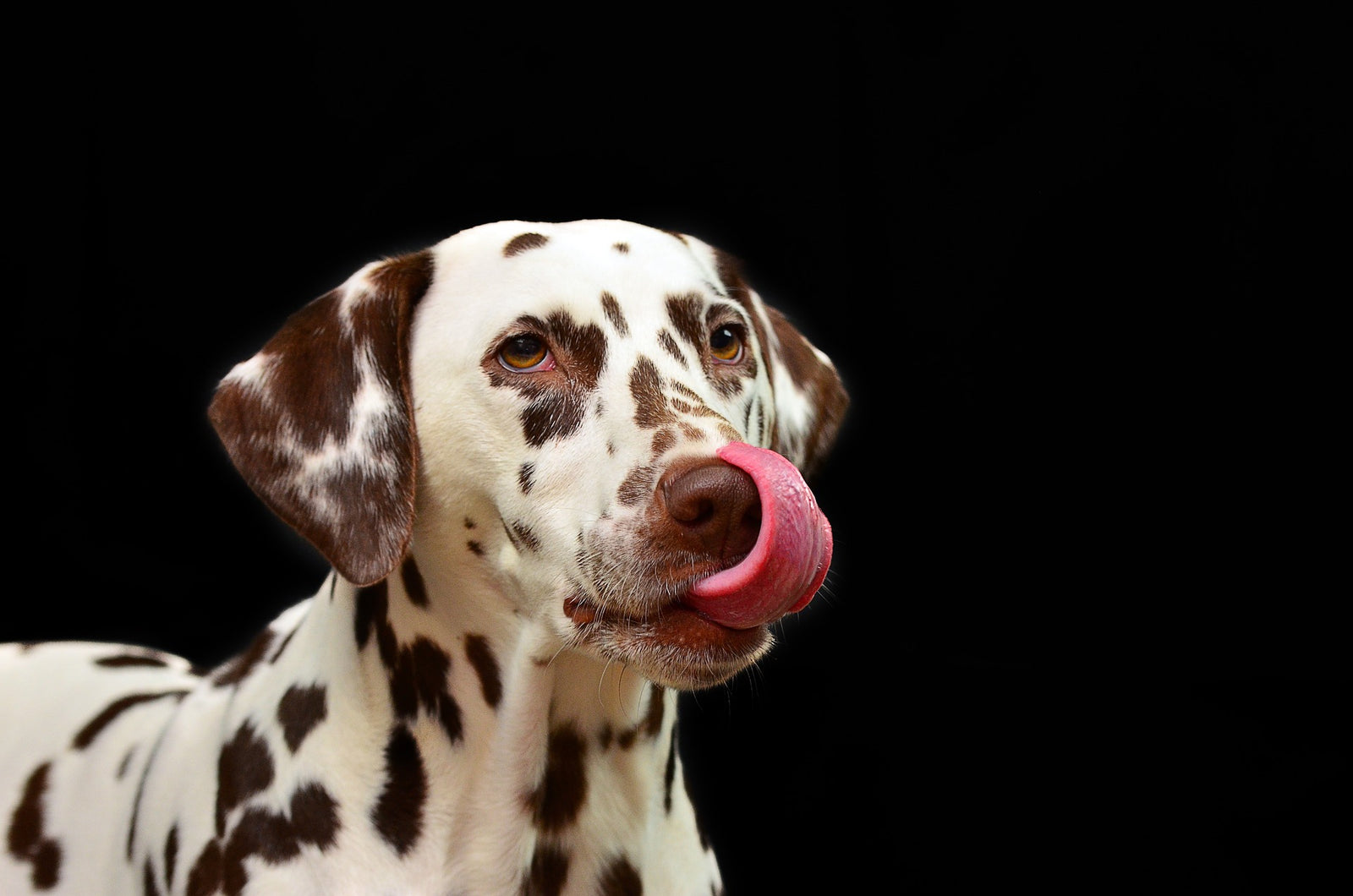
Dog breeding has shifted towards fashionable dogs in recent years as more and more people want to own trendy dogs that are considered ‘in vogue.’ Breeders are creating new breeds or modifying existing ones to meet everchanging aesthetic preferences that capture the imagination of pet owners and enthusiasts alike.
Such designer or popular dogs are characterized by distinctive traits and unique appearances, like combining a Poodle’s hypoallergenic coat with a Labrador’s personality. The market for interesting combinations has led to all kinds of crosses, sparking discussions on the impact of breeding fashionable dogs on the well-being of our beloved companions and the ethical considerations for potential pet parents and breeders. In today’s Mountain Hound blog post, we’ll discuss the advantages, concerns and challenges, and ethical considerations of breeding fashionable dogs.
Why Do People Breed Fashionable Dogs?
- Economic Opportunities and Market Demand: The popularity of fashionable dog breeds has created a significant demand for these dogs, driving economic opportunities for breeders, pet businesses, and related industries. This demand can provide a source of income for responsible breeders who prioritize the health and well-being of their dogs.
- Increased Awareness and Diversity: Breeding for specific traits has introduced people to diverse dog breeds and coat patterns, fostering a greater appreciation for the rich tapestry of canine diversity.
- Hybrid Vigor and Improved Health: Some hybrid or designer dog breeds are created by crossing two purebred breeds. In some cases, this crossbreeding can result in “hybrid vigor,” where the offspring may have improved health and genetic diversity compared to their purebred counterparts. This can potentially lead to dogs with fewer inherited health issues.
- Customization for Lifestyles: Breeding dogs with specific traits allows for customization to fit the lifestyles and preferences of potential owners, such as hypoallergenic breeds for those with allergies.
- Innovation in Breeding Practices: Pursuing fashionable traits has driven innovation in breeding practices, with a heightened focus on health testing and genetic screening to produce healthier dogs.
What Issues Are Involved in Breeding Fashionable Dogs?
- Health and Genetic Disorders: Focusing on aesthetic traits without adequate consideration for genetic health can perpetuate and even exacerbate genetic disorders within certain breeds. Inbreeding, a common practice in producing specific traits, can amplify the prevalence of hereditary conditions and increase the risk of congenital defects, which can cause suffering and hardship for the dogs.
- Unethical Breeding Practices: The pursuit of trendy dogs has, unfortunately, opened the door to unethical breeding practices. Puppy mills, which prioritize quantity over quality, often supply the demand for fashionable dogs and often subject dogs to deplorable living conditions, inadequate veterinary care, and minimal socialization.
- Abandonment and Overpopulation: Trends in dog breeding can result in abandoned dogs and contribute to pet overpopulation, burdening animal shelters and rescue organizations.
- Loss of Breed Characteristics: The relentless pursuit of trendy dogs can compromise a breed’s original characteristics, purpose, and working abilities. For example, focusing solely on appearance might neglect the breed’s historical function and temperament.
- Limited Genetic Diversity: Breeding for specific traits can inadvertently reduce genetic diversity within a breed. A limited gene pool makes breeds more susceptible to diseases and makes it challenging to address health issues that may arise in the future. A lack of genetic diversity also weakens the breed’s resilience in changing environmental conditions.
Ethical Considerations of Breeding Trendy Dogs
- Educating the Public: Raising awareness about the ethical implications of breeding fashionable dogs is crucial to promoting responsible ownership and breeding practices.
- Prioritizing Welfare Over Appearance: Responsible breeders should prioritize the health of the dog, its temperament, and well-being over aesthetic traits when breeding.
- Informed Ownership: Prospective dog owners should research breeds thoroughly, consider their specific needs, and choose reputable breeders that prioritize the welfare of their dogs.
Final Thoughts
Breeding fashionable dogs has undeniably influenced the world of canine companionship, sparking enthusiasm, innovation, and economic opportunities. However, this trend raises significant concerns about these beloved animals’ health, welfare, and ethical treatment. As caretakers of these loyal companions, we are responsible for balancing aesthetic preferences and the well-being of the dogs we bring into our lives. By advocating for responsible breeding practices, education, and ethical considerations, we can ensure that the impact of breeding fashionable dogs remains positive and respectful of the inherent value and dignity of our four-legged friends.
Image by Claudia Peters from Pixabay

